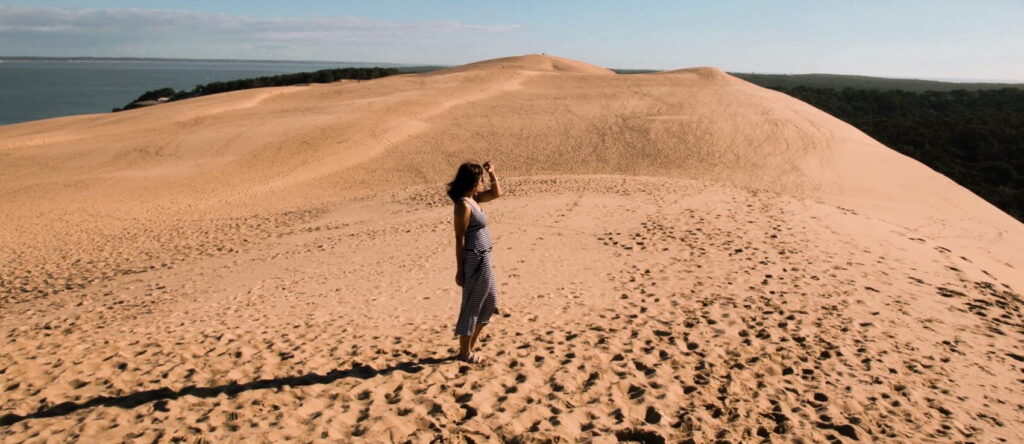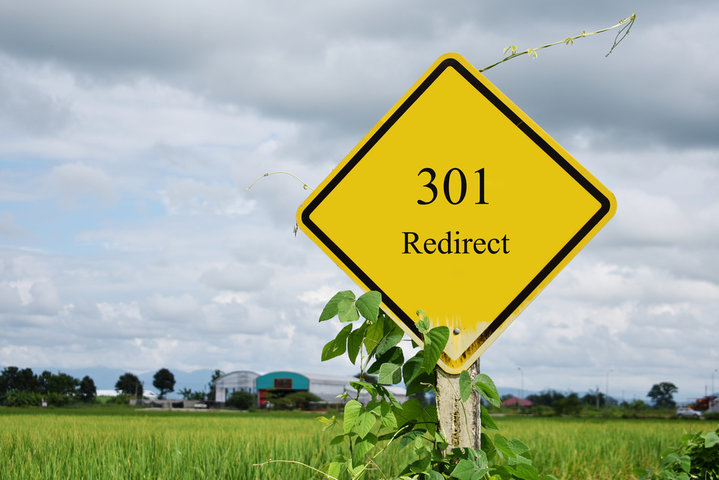Navigating the vast digital landscape of travel blogging can feel like trekking through an uncharted rainforest. Just as a traveler fear a “Dead End, sign” a blogger dread 404 error. But as a personal travel blog, what if you could turn this setback into an opportunity? Let’s explore how to transform 404 errors to boost your blog’s findability and appeal.
HTTP status codes: The travel blogger's compass
Status codes are categorised into five ranges:
- 100-199: Informational responses
- 200-299: Successful responses
- 300-399: Redirection messages
- 400-499: Client errors
- 500-599: Server errors.

In the digital realm, understanding these codes is akin to having a compass. Particularly noteworthy is the “404 Not Found” error, which readers encounter when a blog page is missing. Rather than showing a bland error message, see it as a blank canvas ready for your distinctive travel touch.
Lost and found: Making 404s a travel adventure
Customised 404 Pages
Transform your 404 page into a digital journey. Use enticing messages like “Oops! This trail is yet uncharted.” Accompany it with captivating travel photos to encourage further exploration.
Recommendations
Below your custom 404 message, highlight popular or new blog entries. Redirect readers with prompts such as, “While you’re here, check out these travel gems!”
Engaging Search Bar
Feature a search bar with enticing prompts like, “Hunting for a destination? Search away!” Prompting users to search can enhance their engagement and time on your site.

Enhancing SEO: Tools and tactics for navigating the digital terrain
Routine audits
Tools like Google Search Console are invaluable for blogger, pinpointing any 404 errors. Regular checks ensure you swiftly address or redirect missing pages.
Engaging content beyond errors
Apart from managing errors, always keep your content fresh and relevant. Update old posts, add new photos, and engage with your readers in the comments. Making your blog interactive can significantly optimise findability.
301 Redirects
Stumbled upon an outdated post? Guide it to a more recent entry or relevant section, ensuring readers consistently find enriching content.
Read my other post about SEO here.


In conclusion
For a travel blog, each visitor’s experience mirrors the adventures you narrate. Instead of letting 404 errors deter readers, make them an enchanting part of their digital exploration. With some ingenuity and strategy, even lost pages can become a memorable waypoint. Set your bearings and happy blogging!
References:
Hubspot (2003). 404 error pages: The ultimate guide. https://blog.hubspot.com/blog/tabid/6307/bid/33766/10-clever-website-error-messages-from-creative-companies.aspx.
Kinsta (2003). A complete guide list of HTTP status codes. https://kinsta.com/blog/http-status-codes.
Wikipedia (2003). HTTP 404. https://en.wikipedia.org/wiki/HTTP_404.



Good blog. Who is Cherine?
Very informative and love those photos.
Hello! This is my first visit to your blog!
We are a group of volunteers and starting a new
project in a community in the same niche. Your blog provided us valuable information to work on. You have done a marvellous job!
Thank you for such a nice comment 🙂
I love how 404’s can be styled and used as a win for the site.